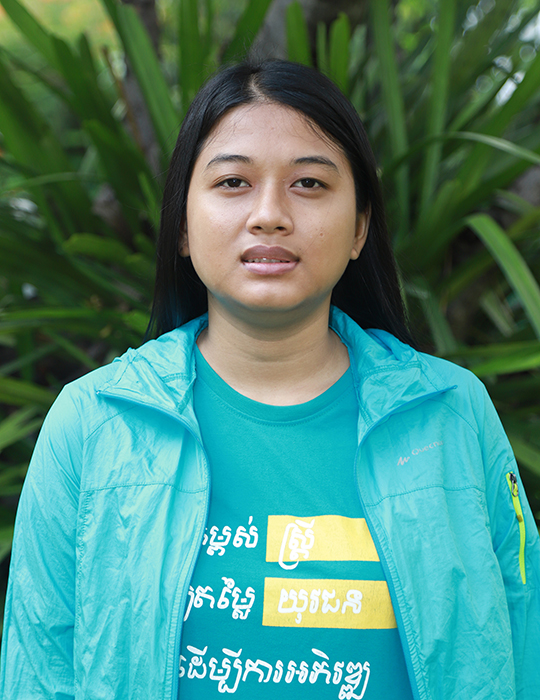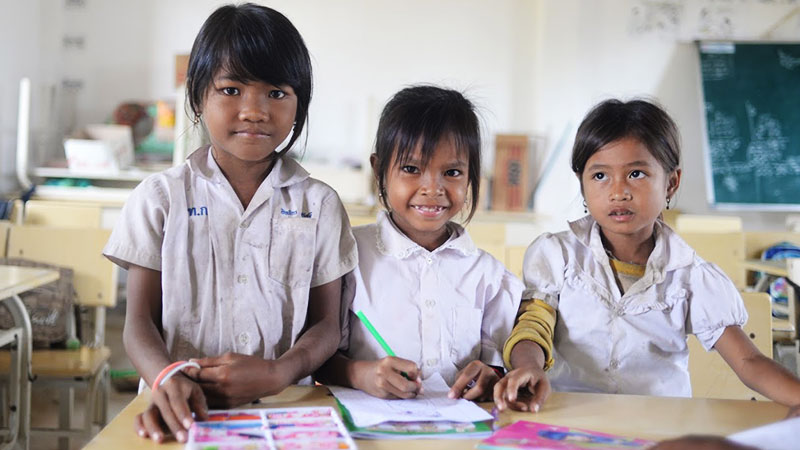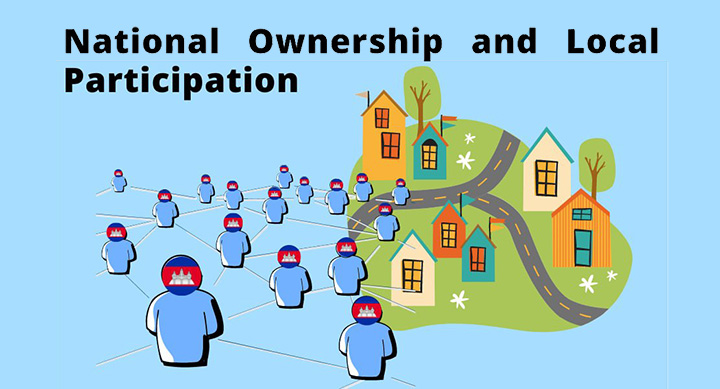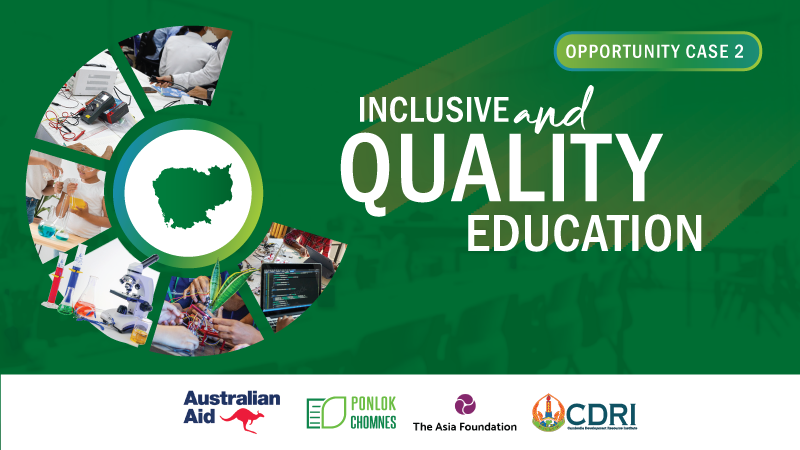Educational Research and Innovation
Students’ Learning and the Use of Gender-Responsive Pedagogy
Start Date: 01/08/2022
End Date: 30/11/2022


Project Objective
- To better understand gender impact on student learning in Cambodia.
- To document and review national policies that promote gender-responsive pedagogy (GRP) in Cambodian primary education.
- To conduct the mapping of programs that include gender-responsive pedagogy (GRP) in Cambodia
Project Description
Lack of quality teaching and learning is one of the main causes of the learning crisis for girls and boys alike, therefore there is a need for significant improvements in teaching to ensure that all students, both boys and girls, learn. Evidence on the impact of gender-responsive or gender transformative pedagogy on student learning outcomes is still limited. Alongside barriers to education and learning faced in wider society, there are specific barriers at the classroom level which can prevent students from learning.
The Royal Government of Cambodia has been committed to ensuring inclusive and equitable quality education for all. This includes providing safe, healthy, gender-responsive and inclusive teaching and learning environments. However, the recent PISA-D in 2018 found that just 8% of students achieve the minimum level of proficiency in reading and 10% in mathematics. Girls outperformed boys in reading, with similar performance in mathematics.
CDRI, in partnership with Education Development Trust (EdDevTrust), is conducting the Cambodia case study as part of a cross-country study on gender-responsive pedagogy. It is in the early stages of a multi-year research project designed to improve our understanding of the impact of gender-responsive pedagogy (GRP) approaches and the potential of these approaches to improve learning outcomes for both girls and boys.

